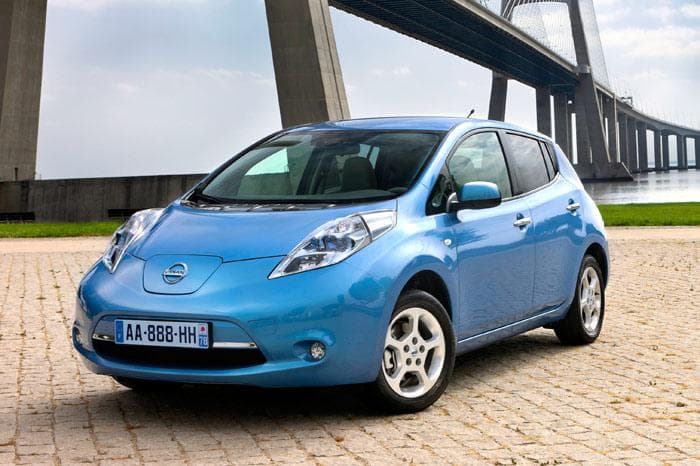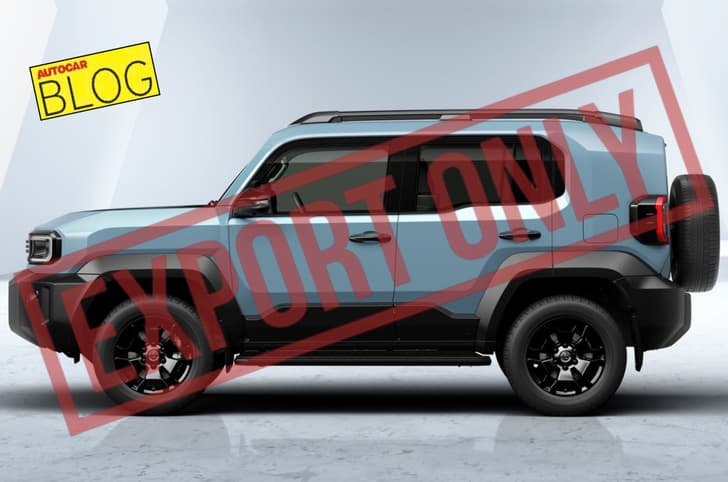India has a crippling air pollution problem, and Delhi’s recently introduced controversial traffic regulations seem to point the finger of blame squarely at the automotive industry.
Harmful emissions from cars are not the only offenders, of course, but something still needs to change, and if India is serious about cleaning its air with the help of the car industry then it should turn its attention to boosting uptake into the electric car market.
An obvious way to achieve this is to abolish the prohibitive import tax laws that currently mean foreign electric cars are priced out of the Indian market.
Outside of India, the electric car segment has taken huge leaps forward in recent years and is filled with a number of brilliant zero-emission cars. But India’s steep taxation laws on overseas cars have stopped manufacturers bringing their technology to the country, and the vehicles themselves remain a distant dream for Indian buyers unable to stomach the added cost.
The Nissan Leaf, for example, is the best-selling electric car in the world and costs around Rs 25 lakh in the UK – but if you were to buy it and import it to India it would be subject to import tax of 120%, skyrocketing its price up to an eye-watering Rs 55 lakh. Which is roughly the cost of a Mercedes-Benz E-Class.
Figures show the struggling electric car market is on the up in India, but bikes, not cars, account for the vast majority of sales. It’s a segment that has huge potential to help lower emissions in the country, but instead of cars like the Leaf and Tesla Model S, the only electric car you can buy is the Mahindra Reva e2O – a hatchback that offers nothing beyond its cheap running costs and zero emissions and, at Rs 5.96 lakh, is much more expensive than its fuel-powered alternatives, which are also better to drive.
While the e2O is a mildly encouraging suggestion that Indian carmakers are willing to work on the technology, it offers little incentive to go electric. After all, the practical shortcomings of electric cars – particularly their limited range – mean buyers need some convincing to choose it instead of a more practical fuel alternative. However, if India had desirable cars from abroad in the market, it would majorly boost the appeal of the segment and buyers would be much more willing to take the plunge.
More electric cars would take to the roads, so the government would then see sense in investing in appropriate infrastructure to feed the demand by building more charging stations, which would in turn alleviate range anxiety.
At the same time, an increase in foreign electric cars would encourage domestic carmakers up their game to match their rivals, or risk getting left behind in the EV wave.
But most important of all, once those who can afford it make the switch, it would help start to drive down the alarmingly high levels of pollution in India.
News of tax-breaks for purchases of domestic electric cars in Maharashtra is welcome, as is Bangalore’s scheme to boost its EV infrastructure, and now some are predicting up to Rs 700 crore investment from the government in February’s Budget as part of the FAME (Faster Adoption and Manufacturing of (Hybrid &) Electric Vehicles in India) program.
But while this investment-boost sounds promising, realistically it will take a number of years to see the fruits of it on the roads. Air quality is so abysmal that it needs to be tackled now, and removing tax on imported electric cars would be a quick but important step in the right direction.
It is by no means the only solution; tax-breaks for EVs should be just the start.
The electric infrastructure needs a huge injection of cash – which some of the FAME budget will hopefully address – and ancient cars chugging out harmful emissions need to be taken off the roads and replaced with cleaner alternatives, without leaving their owners out of pocket.
Then of course, the ferociously polluting coal plants in India that, ironically, would enable construction of electric cars must also be replaced by more environmentally sound alternatives.
It will be a long road to clean air, but the technology to make a positive impact is already there, India just needs to embrace it, rather than resist it.


























